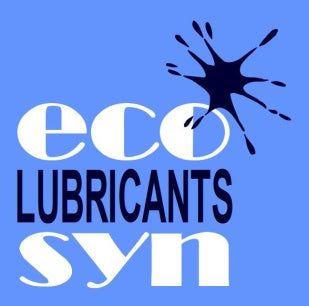Compressor Lubricants
Every gas compressor needs a lubricant precisely tuned to its specific application. Whether you need to select a lubricant for a hydrocarbon gas, a process gas or an inert gas application, WCI offers you the best solution.
Hydrocarbon Gas
One of the key concerns for hydrocarbon gas compression is dilution. WCI uses a tailor-made calculation program to calculate the amount of gases that will be dissolved in the lubrication oil and from this the resulting working viscosity at the bearings.
Process Gas & Inert Gas
For process gas and inert gas applications it is the chemical reactivity of the gas with the lubricant that plays a major role. Our experienced chemists know the possible reactions between gas and lubricant components and the conditions under which they occur.
The advantages of ECOSYN Lubricants
Our tailor-made program in combination with our oil analysis program and long term expertise in a very broad field of specialty gas applications, ensures:
- longer component lifetimes of your compressor package
- less production loss due to maintenance downtime.
This results in a higher operational production reliability throughout your plant.
WCI’s product line of ECOSYN Synthetic Gas Compressor Lubricants offers a complete range of chemistries to meet the needs of your rotary screw, rotary vane, reciprocating or centrifugal compressors for different types of gases and different types of applications.
Gases:
- Methane, ethane, propane,..
- Ethylene, propylene, isobutylene, ...
- Hydrogen, helium, nitrogen, carbon dioxide,...
- Methyl chloride, ammonia, sulfur dioxide,...
- Hydrogen Sulfide
Applications:
- Chemical industry
- Boosters in front of gas turbines
- Well head compression
- Refinery gas compression
- Flare gas compression
- Natural gas transport
- CNG & LNG compression
- Coke oven gas compression
- Biogas compression
- ...
|
Product
ECOSYN CE
Base fluid
Ester
Viscosity grade
32, 46, 68, 100, 150, 220, 320
Description
Used for light to medium hydrocarbon gases. Good oxidation stability, especially if oxygen is present in the gas stream. High evaporation stability minimizes the oil carryover into the gas stream in comparison to standard mineral oils. |
